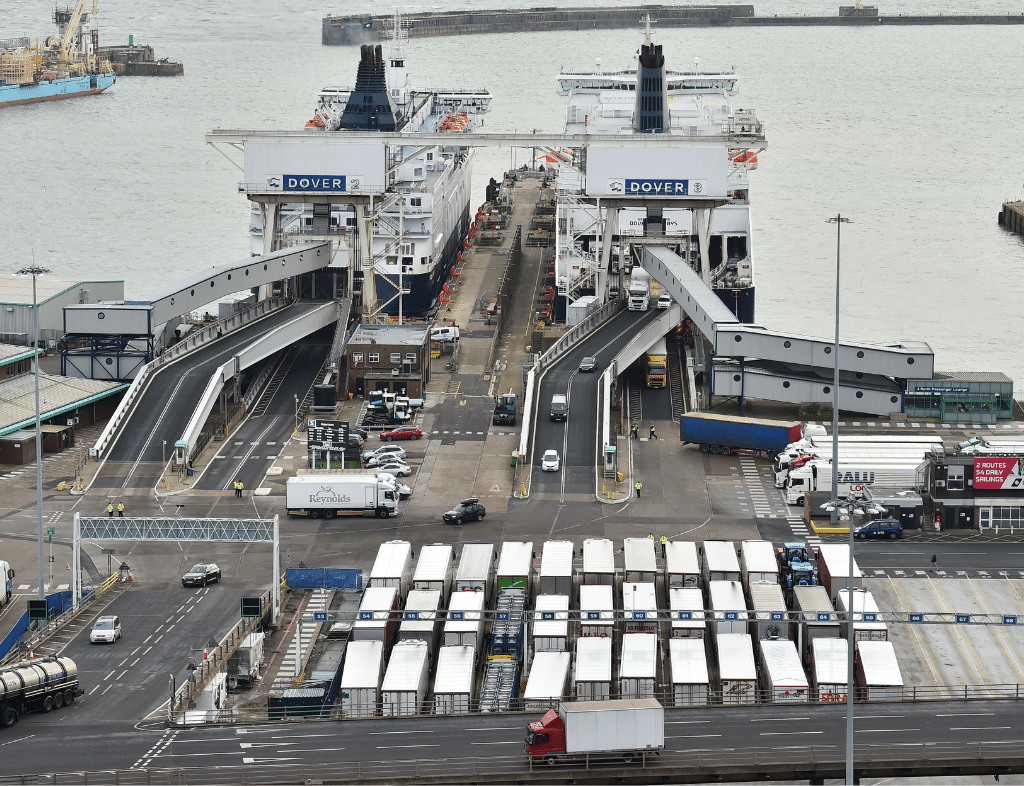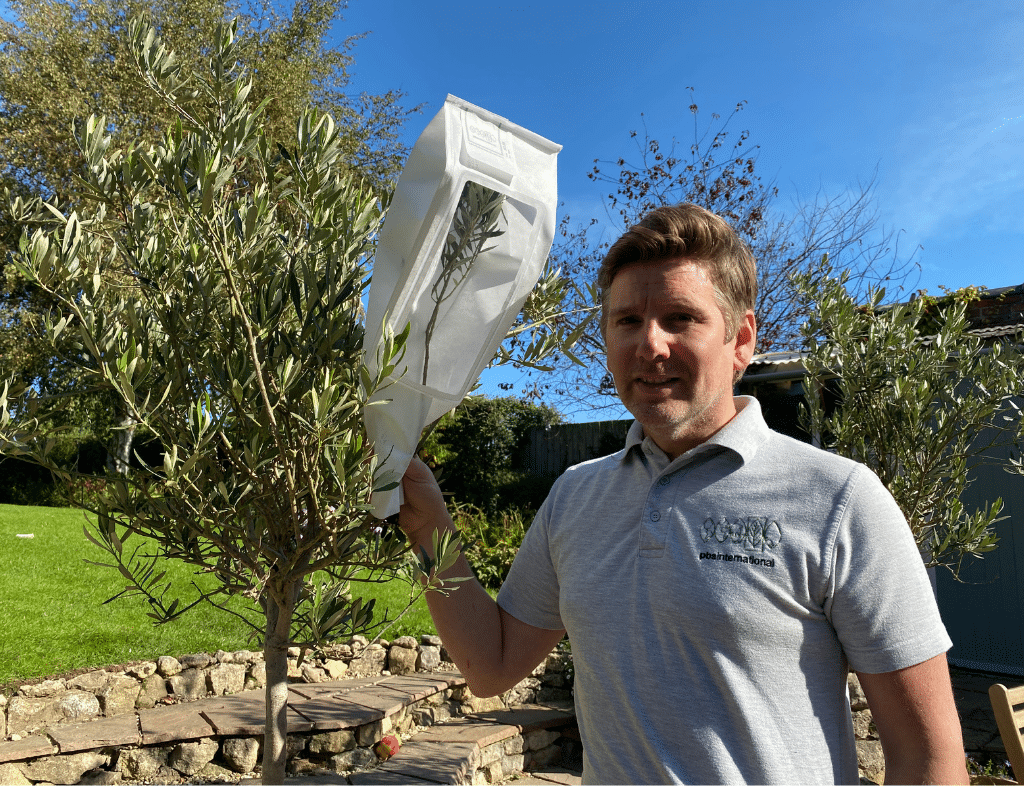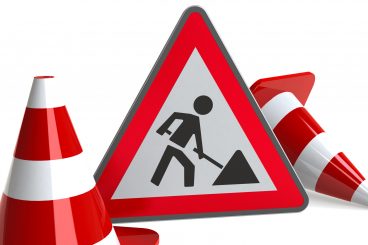The way the UK does business with Europe changes from January 1, heralding a new start. All companies that trade with the EU need to act now to make sure they are set to go.
JUST THE BUSINESS
If you run a business, it is important you check what you need to do now by visiting gov.uk/ transition
Very few businesses make their own import and export declarations and use someone else to deal with them, such as freight forwarding companies and fast parcel operators. They will often be able to complete your import and export declarations as part of their service. Now is the time to speak to these companies so you have everything in place by 31 December. Further guidance is among list of customs agents and fast parcel operators at www.gov.uk

Change on how we trade with Europe is fast approaching and all companies need to be ready now to make sure they can do business. Those companies acting now will be best placed for the UK’s new start and to take advantage of new opportunities from January 1. Unless businesses have all the correct processes, contracts and agreements in place they will not be able to trade with the EU from that date.
They will need to make import and export declarations to move goods between the UK and the EU, as currently happens between the UK and countries outside the EU. To help with changes to trade the UK Government has put a range of support measures in place.
These include introducing new border controls in stages up until July 1 2021 and providing more than £80 million to boost the capacity of the customs intermediary sector. It has also provided £705 million for border infrastructure, staffing and IT, to ensure border systems are fully operational when the UK takes back control of its border after the end of the transition period.
‘We have found it simple to navigate the gov.uk/transition website for information’
Executives at plant and seed producers PBS International appointed an expert and turned to the UK Government website to help them be ready for January 1.
Commercial Manager of the East Coast-based company Rob Coy said: “The gov.uk/ transition site has evolved into an excellent source of information and I would strongly recommend it to businesses who are either continuing, or planning, to export to the EU.
“We have found it simple to navigate and find the relevant information on importing and exporting from January 1 2021.”

Alongside its core markets of the USA and South East Asia, it exports a significant number of pollination control products to several EU countries including France, Germany, Austria, Netherlands & Belgium. Shipments range from small packages through to large crate consignments.
The company set up an implementation team that has met regularly throughout the transition period to ensure it identifies the relevant procedures and documentation that will come into force from January 1.
During the transition period, it has also worked with suppliers in Europe to ensure that they are also aware of and prepared for the changes ahead. In terms of materials, it has increased its stock levels to mitigate any risk of potential delays in the supply chain.
“At PBS, we have the advantage of many years of export experience so we already have in place an EORI.
This article is part of a paid-for Partnership with the UK Government























